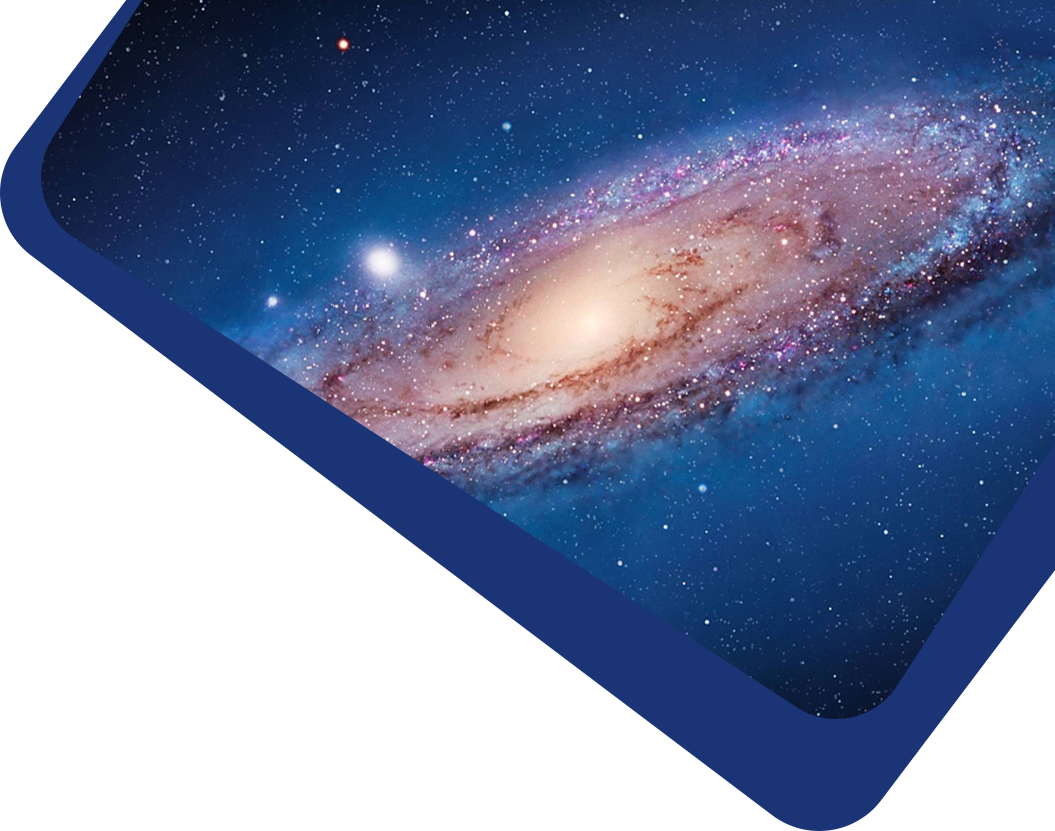

Abstract Recent observations of AdLIGO and Virgo have shown that the spin measurements in binary black hole (BH) systems are typically small, which is consistent with the predictions by the classical isolated binary evolution channel. In this standard formation channel, the progenitor of the first-born BH is assumed to have efficient angular momentum transport. The BH spins in high-mass X-ray binaries (HMXBs), however, have consistently been found to be extremely high. In order to explain the high BH spins, the inefficient angular momentum transport inside the BH progenitor is required. This requirement, however, is incompatible with the current understanding of conventional efficient angular momentum transport mechanism. We find that this tension can be highly alleviated as long as the hypercritical accretion is allowed. We show that, for a case study of Cygnus X-1, the hypercritical accretion cannot only be a good solution for the inconsistent assumption upon the angular momentum transport within massive stars, but match its other properties reported recently.
Keywords gravitational waves – stars: black holes – X-rays: binaries
There are currently no refbacks.
It accepts original submissions from all over the world and is internationally published and distributed by IOP